Whether someone is taking a break from work, working remotely, or following a lifelong dream, choosing a spend a month in another country is a great way to settle in, explore, and connect with the place. While it might seem exciting yet challenging at first, with some planning and a positive attitude, it is completely doable. Living in a new place for a month allows time to slow down, explore like a local, and enjoy everyday life in a different setting.
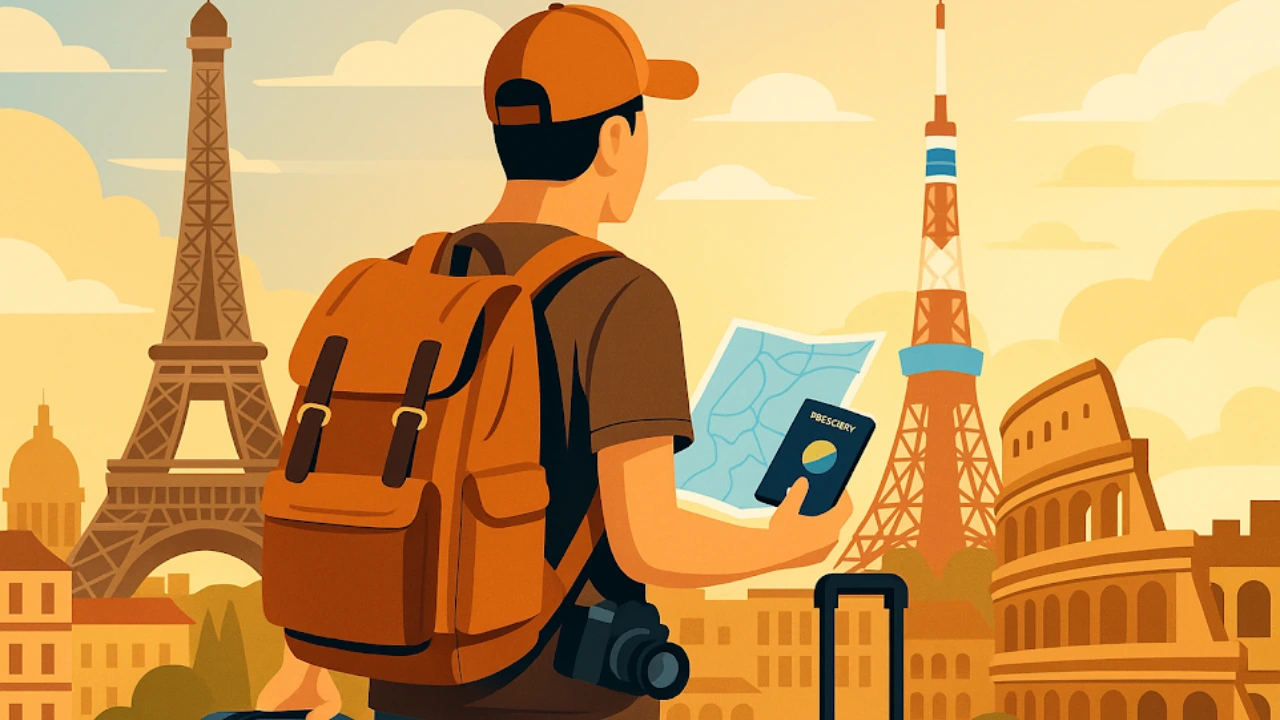
How to Spend A Month in Another Country?
Living a month involves planning and preparations, exploring a new culture, and enjoying a good time in a new country.
Planning and Preparations
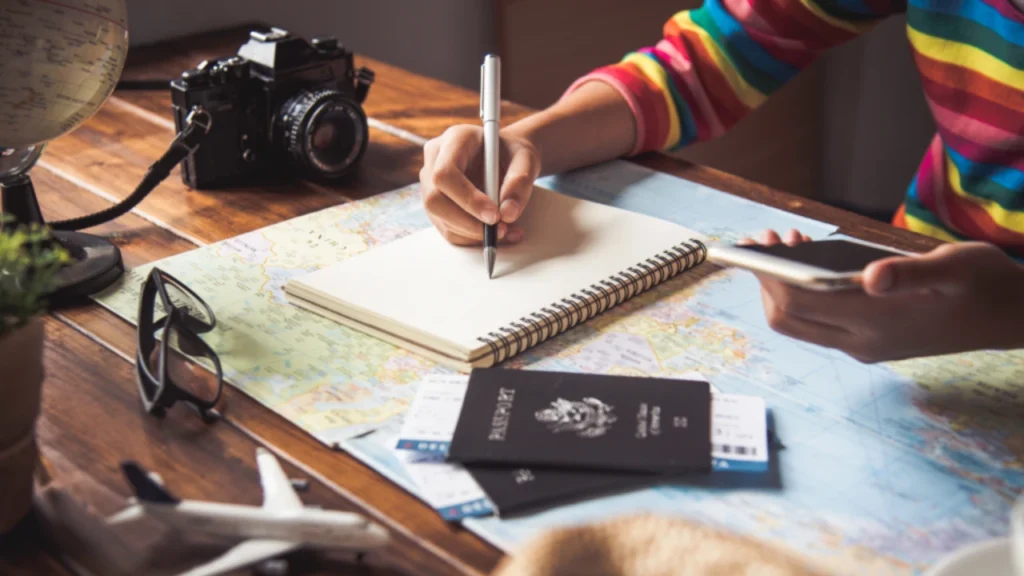
Good planning makes a trip smoother, safer, and much more enjoyable.
Research: Do proper research about the country someone plans to visit, including the local culture, customs, laws, and any visa requirements they might need to enter and stay there. You can also spend a month in another country where visa-free entry is allowed.
Visa Requirement: Most countries offer 30-day tourist visas, either on arrival or in advance. Check for visa-free entry, visa extension options, and any vaccination requirements.
Budget: Plan for all major expenses. These expenses may include flight (round-trip or one-way), accommodation (hotels, rentals, hostels), public transportation, tours and entry fees, and entertainment. Long-term travel can often be cheaper per day than short trips because you save on flights and can cook some of your meals. You can use tools like Numbeo to compare living costs between cities.
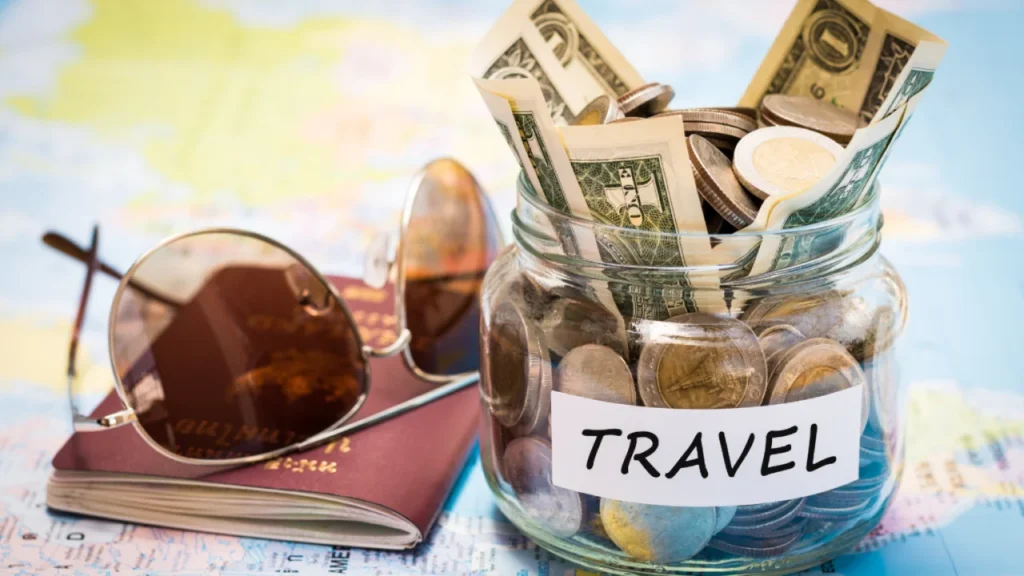
Book Long-Stay Accommodation: To spend a month in another country, you can consider Airbnb or monthly rentals, coliving spaces and serviced apartments. Choose a place that is central, safe, and walkable or well-connected by transport.
Pack Smartly: To spend months in another country, pack weather-appropriate clothes, comfortable walking shoes, travel adapters, medications and basic toiletries, a small day bag for daily use.
Documents: Don’t forget to take digital and physical copies of important documents, such as a Passport, visa (if applicable), driver’s license, insurance documents, and flight/accommodation confirmations.
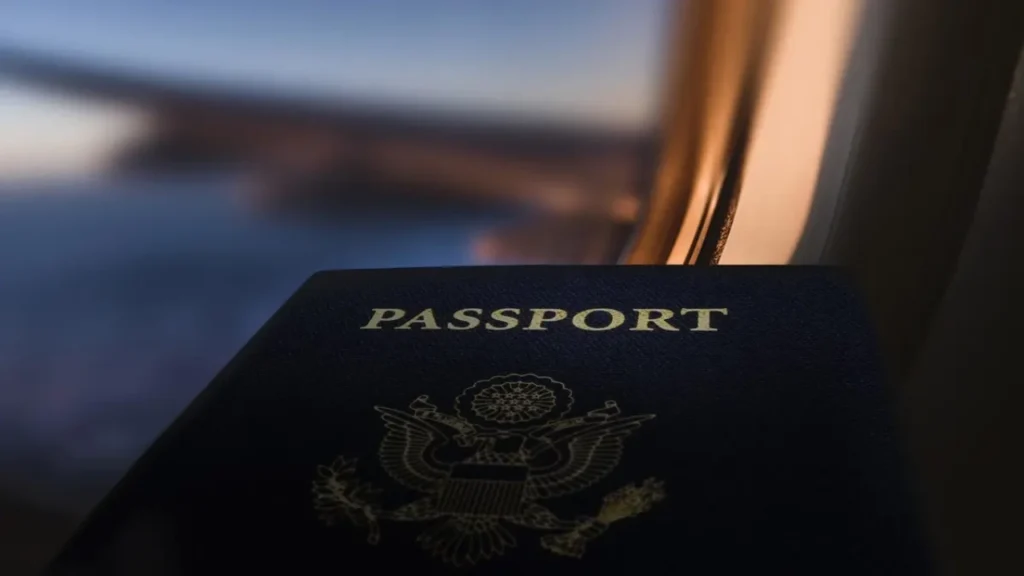
Transportation: You should plan how they will get around within the country, whether it’s by flights, trains, buses, or even renting a car or motorbike, depending on what suits their travel style and budget.
Travel Insurance: Buy comprehensive travel insurance that covers medical emergencies, lost luggage, and any other unexpected problems during the trip.
Connectivity: Research local SIM cards or international eSIM options to stay connected. Wi-Fi isn’t always reliable everywhere.
Explore the New Culture
Spending a month gives plenty of time to do more than just sightseeing and truly connect with the new place. Here’s how to do it right:
Learn the Basics of the Language: Even learning a few simple phrases like “hello,” “thank you,” and “how much?” will show locals you respect their culture. Apps like Duolingo or Google Translate can be helpful.
Eat and Shop Local: Instead of eating at tourist restaurants all the time, it’s better to try local options. Family-run cafes, street food stalls, and traditional dishes give a more authentic taste of the place. Talking to local people for food recommendations can lead to some of the best meals.
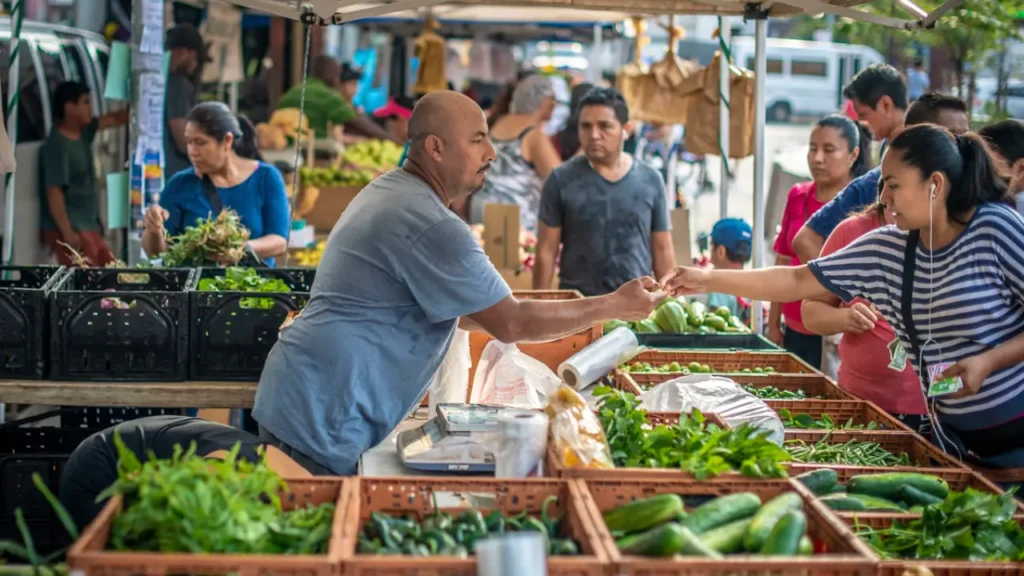
Shopping at fresh markets or local stores is also a great way to experience daily life. Not only does this save money, but it also makes the experience more authentic and enjoyable.
Respect Local Lifestyle: To spend a month in another country, it is essential to understand the local customs and traditions. This includes knowing how to dress, especially in more conservative places, being aware of religious holidays, and learning basic manners or ways of speaking.
Make Connection: Connecting with people can make the stay more enjoyable. Join local classes like cooking, yoga, or language lessons, visit community events or festivals. Even simple conversations with neighbours, shopkeepers, or other travellers can lead to meaningful connections. Some of these friendships might even last long after the trip is over.
Be Open-Minded: Stay open to trying new things, go with the flow when plans change, and always show respect for different cultures and ways of life.
Respect Local Law and Customs: Learn about the local laws and customs so you don’t accidentally do something wrong. It helps you stay safe and show respect to the local culture.
Explore and Enjoy Your Time
After getting comfortable, you can step out to relax and enjoy your stay.
Make a Flexible Itinerary: To spend a month in another country, you need to be flexible because your train might be late, a place could be closed, or the weather might suddenly change. Taking your time helps you enjoy the experience more and truly take in the atmosphere.
Use Public Transportation: You can use public transportation, like buses or trains, to explore new areas and feel a local vibe.
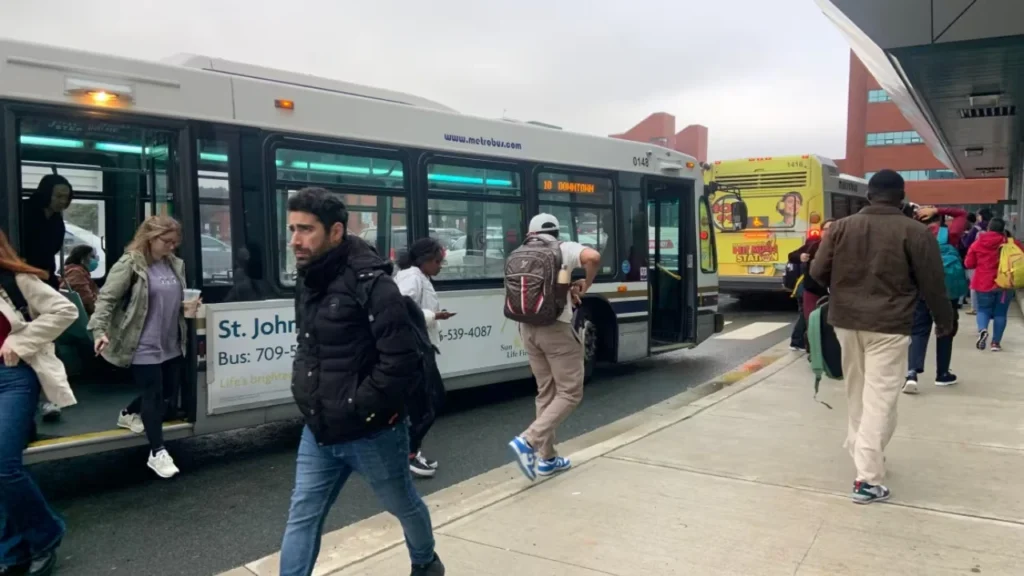
Stay Active and Safe: Always pay attention to what’s around you. Try not to walk alone at night in places you don’t know well, and stay alert for possible scams. Staying careful helps keep your trip safe and enjoyable.
Discover Hidden Gems: Popular tourist spots are great, but local favourites are better. Look for local parks, bookstores, street art, weekend farmers’ markets, and free walking tours hosted by locals.
Conclusion!
Spending a month in another country is not just a long holiday; it is time to try a new way of living and learn more about yourself. Whether you are travelling alone, with a partner, or with family, this kind of trip gives a deeper experience than a short visit. To spend a month in another country, plan smartly and be open-minded.
FAQs (Frequently Asked Questions)
Yes! A month gives you time to go beyond tourist attractions and live more like a local.
It depends on your nationality and the destination country. Many countries allow a 30-day tourist visit visa-free.
Travel insurance can cover medical expenses. Research hospitals and clinics near your accommodation.
Most places are safe with normal precautions. Research the location and follow travel advisories.
Plan ahead, arrange your visa and stay, learn about the local culture, and take time to explore and live like a local.
